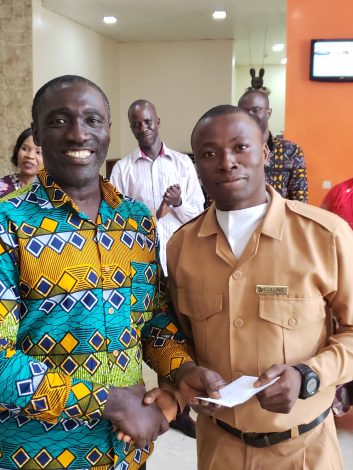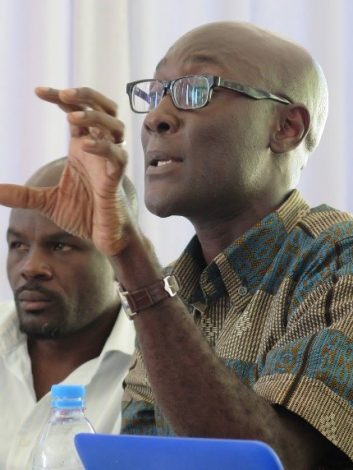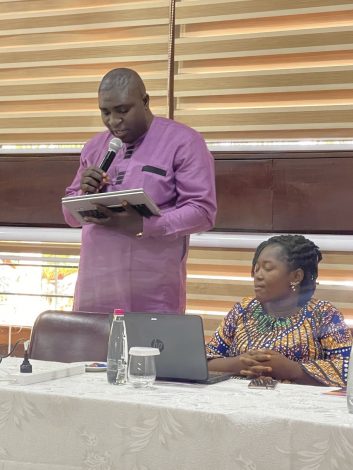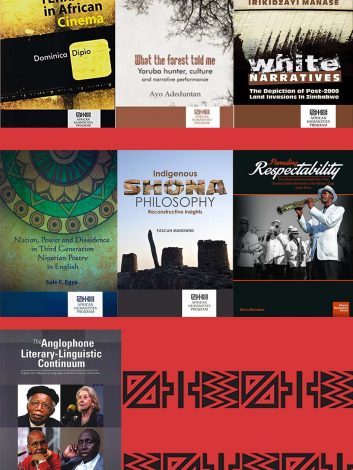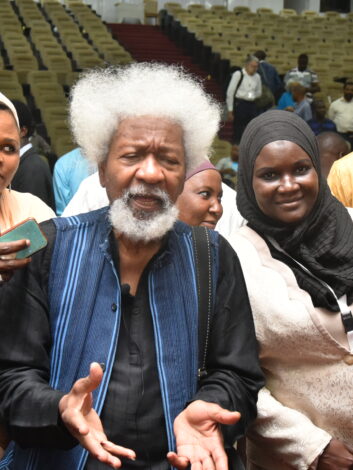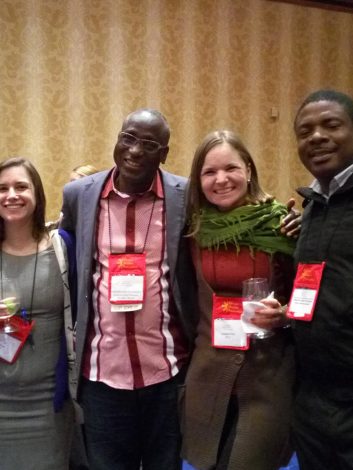Residencies
The African Humanities Program (AHP) offered fellows the opportunity to undertake two- or three-month residential stays at African humanities centers and institutes for advanced study in countries other than their home. Residency centers affiliated with AHP provided space and resources for Fellows to embark on their research and projects, prioritizing Fellows working on book manuscripts. During the residencies, AHP invested in ensuring the fellows received support and guidance from accomplished scholars who were designated as mentors in their host institutions. Fellows in residence were encouraged to participate in the academic life of the center or university associated with the center, for example by attending seminars and giving presentations.
Residencies proved highly productive, granting fellows time and space to concentrate on writing. Because residencies must be taken at a location outside the home country, they also fostered international communication and mentorship beyond the fellow’s primary institution.
AHP Fellows were able to take up residencies at research institutes from South Africa to Senegal. Past residential sites included:
- The International Institute for Advanced Studies of Cultures, Institutions, and Economic Enterprises (IIAS) in Accra, Ghana. Established in 2006, IIAS pursues multi-disciplinary research into African cultures, institutions (legal, social, cultural, political, economic, health), enterprise and everyday life as a platform for institutional reform and the creation of more supple structures to meet new challenges.
- The Campus Residency Centre at the University of Ghana. The premier university and the largest university in Ghana, the University was founded in August 11, 1948, for the purposes of providing and promoting university education, learning and research.
- The University of Ibadan (UI) in Ibadan, Nigeria. At 71 years’ old, UI is the first and best public (Times Higher Education 2020 Ranking) university in Nigeria. Located in the hospitable and peaceful city of Ibadan, it has over 16 faculties and, about 100 academic departments, centres and research institutes.
- The West African Research Center (WARC) in Dakar, Senegal. Adjacent to both Université Cheikh Anta Diop and the Institut Fondamental de l’Afrique Noire (IFAN), WARC is an autonomous center for African scholarly exchange that encourages research primarily but not exclusively on the region of West Africa.
- The Centre for African Studies (CAS) at the University of Cape Town, South Africa. Consisting of a research and public engagement centre and the African Studies teaching unit, CAS has become a site of interdisciplinary excellence and cutting-edge award winning socially engaged research, as well as the home of the biggest number of postdoctoral fellows and doctoral students within the Faculty of Humanities.
- The Centre for Humanities Research (CHR) of the University of the Western Cape in Belleville, South Africa. Granted “Flagship” status by the South African Department of Science and Technology, the CHR strives to develop unifying and interdisciplinary themes in the humanities that will enable a renewal of their study in Africa.
- Rhodes University in Makhanda (Eastern Cape), South Africa. A small university that enjoys an international reputation in teaching and research, Rhodes seeks to be alive to the social and economic challenges of the local, national, African, and international contexts.
- The University of Dar es Salaam (UDSM) in Tanzania. The oldest and largest public university in Tanzania and situated in a major urban center, UDSM emphasizes research as one of its core functions and offers scholars valuable resources to aid in research projects.
- Makerere University in Kampala, Uganda. The oldest university in the East African region, and one of the oldest on the African continent, founded in 1922. In 1958, by an Act of Parliament, Makerere University Library became a Depository Library for all Ugandan Publications making it the richest collection of documents on Uganda.


